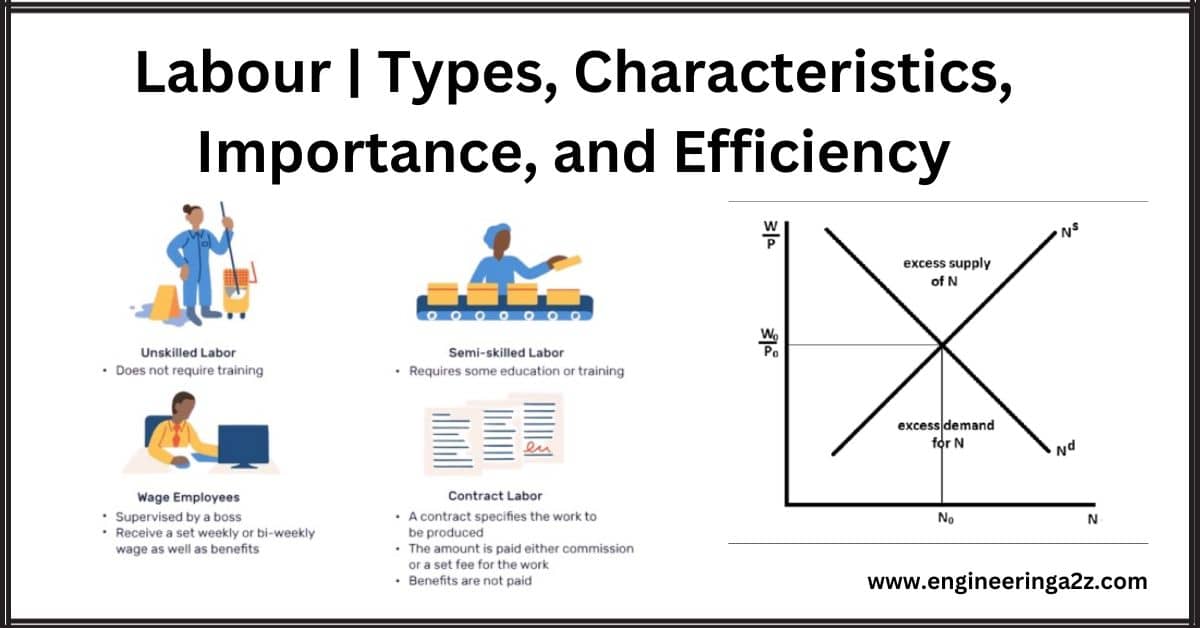
Table of Contents
Introduction
Labour is an important factor in production. Ordinarily, labor refers to that manual labour rendered to accomplish a given task. But in Economics the term labour’ is used in a broad sense. Physical and mental activities that are undertaken to earn wealth are regarded labour. Whenever you undertake a job, there is some purpose or motive behind it. If the purpose behind doing a job is mere retainment, social service, patriotism, family affection, etc., then such a job does not qualify to be Sed labor in Economics.
In Economics, those activities are called ‘labor’ whose motive is to get some economic good, wholly or partially besides the direct pleasure derived from it. In your classroom you en to the lecture delivered by the Professor of Economics. Act of listening on your part will not be treated labour, because your motive is to acquire knowledge of Economics. But delivering a lecture by the lessor will be treated as labour because his motive is to earn wealth besides disseminating knowledge of economics.
Definitions
- According to Marshall, “By Labour is meant the economic work of man, whether with hand or head.
- In the words of Thomas, “Labour connotes all human efforts, of body or mind, under the expectation of reward.”
- According to Jevons, “Labour is any effort of mind or body undertaken partly or wholly a view to some good other than the pleasure derived directly from the work.”
Types of Labour
Kinds of labour are as under:
(1) Productive Labour: That labour is called productive labour which helps in satisfying our Such a labour creates utility. It produces both material and non-material goods. There has been a difference of opinion among economists about the exact meaning of productive labor. According to Physiocrats, labour engaged in agriculture alone is productive labour.
According to Adam S labour engaged in the production of material goods alone can be productive labour, but the ser rendered by a lawyer, a professor, or an administrator is not regarded as productive labour. Marshall Taussig and other economists treated that labour as productive labour which creates utility or any of our wants. Accordingly, the labour of a lawyer or a professor is also productive as it satisfies our wants.
(2) Unproductive Labour: Unproductive labour does not succeed in its such labour does not satisfy any of our wants; as it fails to create any utility. You dig a well but do not yield any water, you drill an oil well but no oil comes out. Thus your labour does not satisfy any nor does it create any utility. Such a labour is, therefore, called unproductive labour.
(3) Physical Labour: Labour mainly performed with the help of human limbs is called physical labour e.g. the work of a mason, a coolie, a rickshaw puller, etc.
(4) Mental Labour: Labour performed mainly with the help of mental faculties is called men labour. Delivering a lecture by a professor, arguing a case in court by a lawyer, and singing a song by a mus are examples of mental labor.
(5) Skilled Labour: A labour requiring a special type of training and activity is called skilled Labour a doctor or an engineer falls under the category of skilled labour.
(6) Unskilled Labour: An untrained labour is an unskilled labour. Certain jobs do not require training eg. carrying bricks by a laborer, luggage by a coolie, and washing dishes by a house.
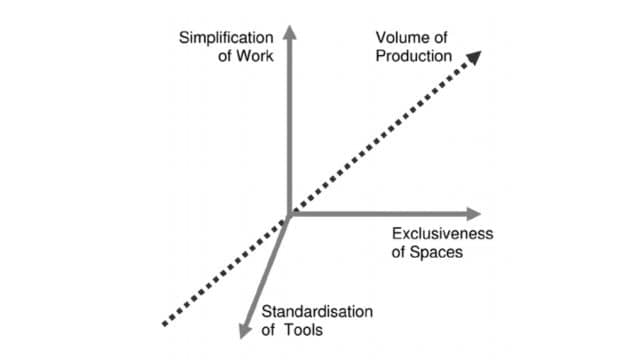
Characteristics of Labour
As a factor of production, labor has many characteristics. These characteristics have a great on the determination of wages and volume of production. The main characteristics of labour are:
(1) Human Factor: Labour is a human factor of production. It concerns with economy and a man. It is not a free- gift of nature like land. It relates both to physical and mental labour life-factor of production. It has its discretion. Importance: This characteristic has great relevance to wage-determination. Being a living by it must get at least a subsistence wage. The concept of minimum wage is based on this characteristic order to get more work from the labour, he must be treated well by the employer.
(2) Active Factor: It is an active factor of production. Other factors of production like la capital are passive. It means without the cooperation of labor which is an active factor, land cannot produce anything on its own.
(3) Labour cannot be separated from labourer: The physical presence of the labourer is necessary for his services, manual or mental. As such labour cannot be separated from labourer. Land and tal can be separated from the landlord and capitalist respectively. If you are to type some letters at our office, it is possible that you may send the typewriter to the office and you go to see a movie. but it is not possible that while you are in the cinema hall your labor will be operating the typewriter at the ice. Unless you move physically to the office you cannot type letters.
(4) Perishable: Labour is the most perishable factor of production. Land cannot be destroyed. Capital less gradual wear and tear but the supply of labour perishes in the very act of labour. A labourer cannot ore his labour. If a labourer does not work on a particular day his labour of that day perishes.
5) Labourer sells his labour and not himself: A labourer sells his labour and not himself. (a doctor sells their services but they do not trade their ability.
Importance of Labour
A labourer is both a producer and a consumer. Labour has an important role to play in almost all economic activities besides production. Classical economist Ricardo and socialist economist Karl Marx treated labour as the source of all value. The significance of labour is evident from the following:
(1) Basis of Production: Labour is an active and indispensable factor of production. Capital and organization are the outcomes of labour. You may have enough land, a tractor, seeds, tube-well, etc. but you do not have labour, you can produce nothing. On the contrary, a poor farmer owning small holdings may produce good crops by dint of hard labour.
(2) Basis of Consumption: Labour is a human factor of production. All production is ultimately meant to satisfy his wants. According to Keynes, consumption is very much influenced by the size of the income of the labourer. A labourer spends a large proportion of his income on consumption compared to a rich person. If labourers have large incomes they demand more goods, their standard of living rises, and their efficiency improves. Consequently, production is increased and employment is generated. More employment leads to higher national income, more consumption, and again more production.
(3) Basis of Exchange: Labour is also the basis of exchange. A labourer cannot satisfy his wants all by himself. If he produces cloth, he depends on others for the supply of food, kerosene oil, footwear, etc. He sells clothes and with the amount earned, he purchases goods that he needs from others. Thus labour is the main base of all exchange. The higher the purchasing power of the labourer greater the quantum of exchange.
(4) Basis of Distribution: Labour is also the basis of distribution. It is that economic activity which refers to the distribution of production among different factors. Share of factors out of the total hard working he can turn barren land into fertile fields and thus increase their marginal productivity. production depends on their demand, Le, marginal productivity, and supply. If the labourer is skilled and Efficient workers handle machines carefully and thus help increase their productivity. By increasing total production, labour can increase its share out of national income.
(5) Basis of Economic Development: Skill and efficiency of labour promote economic devel- inventions are conducted by labour. These inventions add to the productivity of capital. Per capit income in Punjab is double that of Bihar mainly because of the increased efficiency of Punjabi labourers. Efficiency, discipline, and training of labour, etc. go a long way in promoting the prosperity of a country In short, it has been aptly said by Marshall that from all points of view problems of consumption and production and problems arising out of their mutual relation, known as distribution and exchange are sealed to labour.
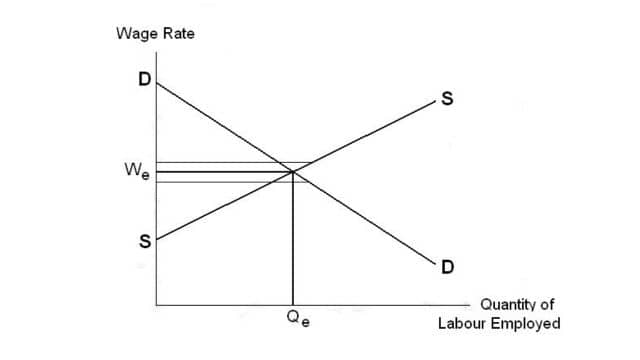
Efficiency of Labour
The efficiency of labour refers to the capacity or ability of labour to work and produce. Efficiency labour can be judged from the quantity and quality of goods produced by the labour in a given time When we say that a particular labourer is more efficient, then it implies that we are comparing his efficiency with the efficiency of another labourer. Efficiency, therefore, is a relative term. One can measure efficiency by comparing the ability to work of two or more labourers.
Such a comparison is possible only when conditions of work, such as machines, tools, raw materials, etc., and duration of work are alike for the laborers concerned. Under the same conditions and at the same time, that labourer will be more efficient and produce more units of a commodity of a given quality. Accordingly, three things are kept in view when comparing efficiency i.e., (a) conditions of work and time period of work; (b) quantity, and (c) quality production.
Factors Governing the Efficiency of Labour
There are several factors determining the efficiency of labour. According to Thomas, “Efficient of labour is chiefly governed by two factors:
(i) individual ability of the labourers
(ii) ability of organization and management.” According to Penson, the efficiency of labour depends partially on employers, partially on labourers, partially on organization, partially on individual efforts, and partially on skill and effort.
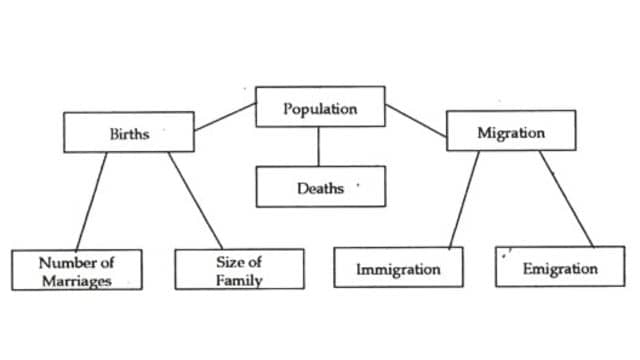
Facts determining the efficiency of labour are as follows:
(i) Racial qualities: Workers belonging to different races have different efficiency. Each race he its qualities. In India, labourers from Punjab, Haryana, and Rajasthan are physically stronger. labourers from Bengal and Tamil Nadu. Hence they become good soldiers. Bengalis and Madrasis are mentally Sharp and so become good administrators.
(ii) Hereditary Qualities: Efficiency of labour is very much influenced by hereditary qualities, that is the traits inherited from parents and grandparents. Offsprings of healthy and Intelligent parents are normally healthy and intelligent. Children of skilled carpenters or weavers can prove to be more skilled carpenters or weavers.
(iii) Climate: Efficiency of labour is also affected by the climate. Extremely cold and extremely hot climates affect efficiency adversely. That is why laborers in Siberia and Africa are less efficient. Temperate mate is very congenial to efficiency. That is the reason why laborers in the U.K. and the USA are more efficient.
(iv) Standard of Living: Efficiency of labour depends on the standard of living. If labourers get good Good they will have good health. Their physical and mental faculties develop. They stay healthy and thus their efficiency improves.
(v) General Intelligence: The efficiency of a worker depends on his general intelligence. A worker with general intelligence understands his work quickly. He handles machines carefully and allows less wastage of raw material. He performs his duties in a responsible manner. There is no need to supervise him.
(vi) Education: Education plays an important role in increasing the efficiency of labour. Education is of two types: (a) general education and (b) technical education. General education develops general intelligence whereas technical education enables a worker to operate complex machines. He specializes in a particular trade and this adds to his efficiency.
(vii) Moral Qualities: Efficiency of labour is also influenced by the moral qualities possessed by a labourer. If he is honest, self-confident, responsible, and works with a spirit of dedication, then he must also be efficient in his job.
(viii) Mobility of Labour: If a labourer does not stick to a particular job or place but changes too often then he cannot gain experience of any trade. This adversely affects his efficiency.
(ix) Wages: If a labourer gets fair and high wages, his standard of living will be high. He must get get regularly. There should not be an illegal and improper deduction from his wages, otherwise, he will in disgruntled and this will mar his efficiency.
Frequently Asked Questions (FAQs)
What is Labour?
Labour refers to the physical and mental effort expended by individuals to perform tasks, produce goods, or provide services in exchange for wages or benefits in various industries and occupations.
What are the 4 types of labor?
1. Skilled Labor: Requires specialized knowledge or training, often in technical or professional fields.
2. Unskilled Labor: Involves basic tasks that don’t require specialized skills.
3. Semi-skilled Labor: Requires some training or experience but not as much as skilled labor.
4. Manual Labor: Involves physical work, often requiring strength and endurance.What is an example of labour?
An example of labor is a construction worker building a house, using physical effort and skills to lay bricks, install wiring, and complete various tasks in the construction process.
Why is labour important?
Labor is vital for economic growth, income generation, innovation, social stability, human capital development, and sustaining consumer demand, contributing significantly to a nation’s prosperity and well-being.
Read Also:
- Economics For Engineers Book PDF
- Demand Forecasting | Features, Uses, Purpose, and Methods
- Marketing Management | Objectives & Functions of Marketing Management
- Total Quality Management | History, Importance, and Characteristics
- Markets: Perfect competition, Monopoly, Monopolistic & Oligopoly




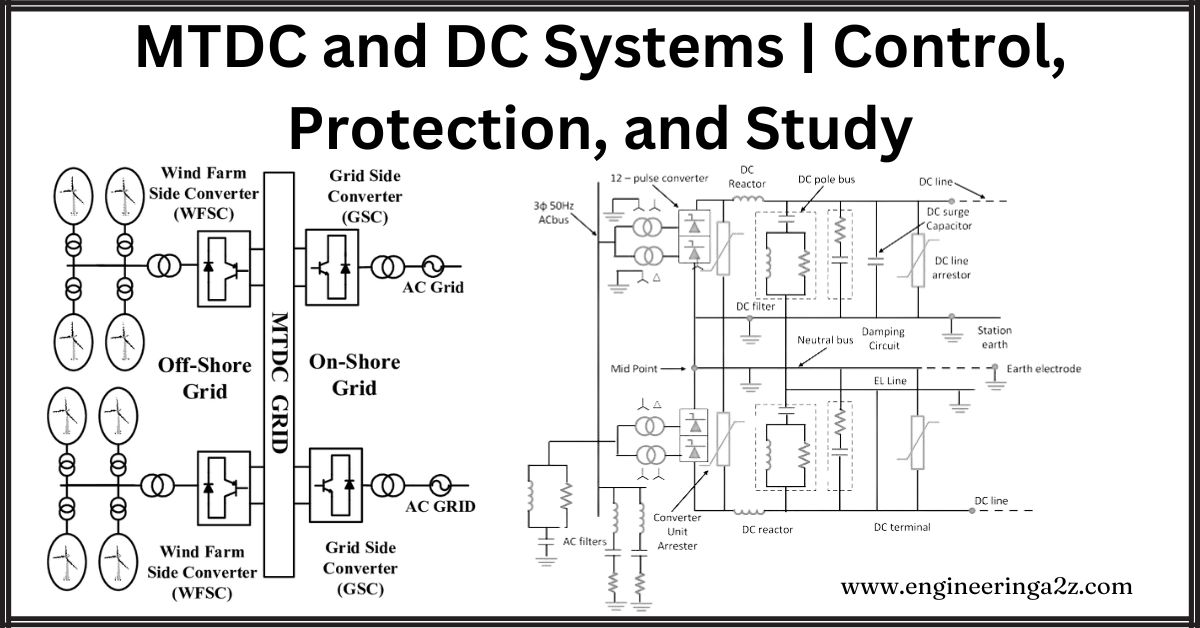
Leave a Reply